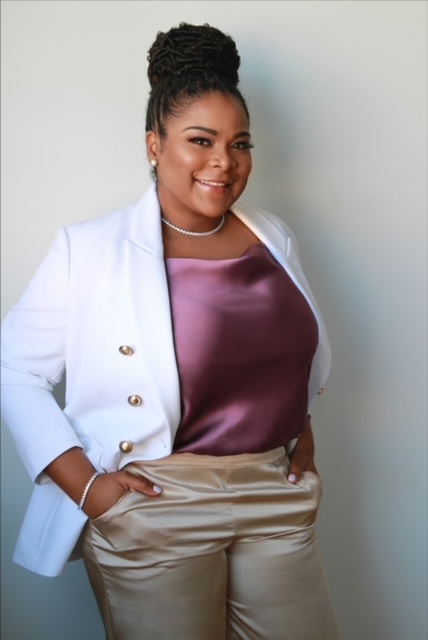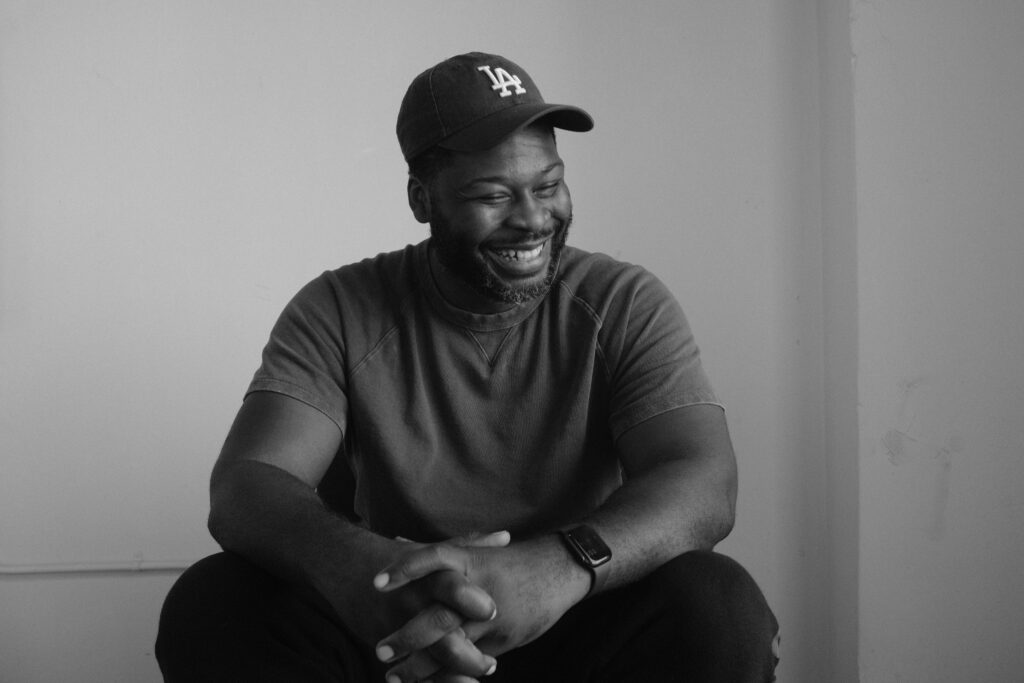Seasonal affective disorder (SAD) is a type of depression that has a seasonal pattern. The episodes of depression tend to occur at the same time each year, especially the closer we get to the Holidays. For some, you are coping with loss, being single, or just not having any family to spend time with. So how are you battling the feeling of depression? Have you spoken to anyone to let them know what you are experiencing?

Well, Dr. Kim is a psychotherapist, known as a passionate leader who brings clarity & mental health support to her clients, Dr. Kim has successfully added value to her clients using various treatment modalities.
Dr. Kim’s approach to mental health practices is holistic, as it integrates culturally responsive therapeutic practices into psychotherapy sessions with BIPOC clients, such as spiritual practices & concepts, & physical health to promote total wellness. This includes yoga, breath work, Reiki, chakra assessments, wellness retreats, sound healing & much more.
What is the inspiration behind the work that you do?
The inspiration behind the work that I do is based on seeing BIPOC (Black, Indigenous, People of Color) men & women fulfilled mentally, emotionally & relationally. We deserve it. There are not enough BIPOC mental health professionals in the mental health field for BIPOC men & women to feel connected to the mental health interventions and/or the providers because of racial & cultural differences. I wanted to ensure not only am I available to provide services, but I also implement interventions, aside from talk therapy, that clients identify with. This increases their success with sticking to their treatment plans, which is the ultimate goal.
What makes your approach unique?
I implement holistic & culturally responsive interventions into talk therapy. This is critical to the success of clients long term, as research shows, that clients are more likely to attend therapy sessions with a provider who looks like them & who they can relate to culturally, this includes traditional practices.
Can you give three tips or suggestions for people who suffer from seasonal depression?
- Light Therapy: Light therapy, or phototherapy, is a common & effective treatment for Seasonal Affect Disorder (SAD). Exposing yourself to bright, artificial light that mimics natural sunlight can help regulate your body’s internal clock & improve mood. You can use a lightbox designed for this purpose, typically with a brightness of 10,000 lux, for about 30 minutes each morning. Increasing your vitamin D intake can assist with this as well! Lightboxes can easily be found at your local or online retailer. Make sure to consult a healthcare professional before starting light therapy to ensure it’s suitable for you.
- Maintain a Healthy Lifestyle: A healthy lifestyle can have a significant impact on managing seasonal depression. This includes regular exercise, eating healthy meals, & a consistent sleep schedule. This can be difficult due to the sun rising later & setting early, however, be creative with how you move your body & remain consistent with your sleep schedule. Physical activity can boost your mood by releasing endorphins & improving overall well-being & self-confidence. Eating nutrient-rich foods & maintaining a regular sleep schedule can help regulate your body’s internal rhythms, potentially reducing symptoms of SAD.
- Seek Support and Professional Help: Don’t hesitate to reach out to friends & family for emotional support during the winter months. Sharing your feelings & experiences can be comforting & allow your family/friends to support you. Additionally, consider connecting with a mental health provider. Talk therapy, such as cognitive-behavioral therapy (CBT), can provide valuable coping strategies & help reduce your symptoms. In some cases, medication may also be prescribed when SAD symptoms are present.
Why is the conversation surrounding mental health so important?
- Reducing Stigma & Fostering Supportive Communities: Open conversations about mental health help reduce the stigma & discrimination associated with mental health concerns. When we feel comfortable discussing our mental health, it normalizes the experiences & encourages others to seek help without fear of judgment or discrimination.
- Advocacy & Policy Change: Public conversations about mental health can lead to advocacy efforts & policy changes that improve mental health services, access to care, & funding for research & treatment.
- Promoting Education: Conversations about mental health can lead to increased education & awareness about different conditions, their causes, & available treatments. This knowledge empowers individuals to make informed decisions about their mental health, and well-being & offering support to others.
Dr. Kim is a clinical provider with over 15 years of experience in mental health. She decided to pursue a Doctor of Social Work degree at Simmons University to study the effects of culturally responsive practices in psychotherapy with clients, particularly BIPOC clients. Her research topic is “Black & Ignored: Implementing the Most Impactful Culturally Responsive Therapeutic Practices for Black Women”.
Dr. Kim obtained her Bachelor of Arts degree in Sociology from the University of Florida. Later, she pursued her Master of Social Work degree with a focus on Children and Families from Clark Atlanta University. Utilizing her research and passion for supporting the BIPOC community, Dr. Kim established the Essence Wellness Academy where she trains BIPOC clinical providers to implement culturally responsive therapeutic practices into their own private practices.
Do you believe in work-life balance? If so how do you maintain it?
I do not believe in work-life balance, I believe in work-life prioritization. For example, if you put work & family on a scale & you focus on work for a season due to deadlines & deliverables, naturally the family is going to become out of balance because the focus, work & attention is on work. If we prioritize the important things at work, then we are still able to implement healthy boundaries & focus on family as well. There is no such thing as balance, it gives a false sense of accomplishment because we know something is not “balanced” due to our efforts being somewhere else. Kind of like whack a mole, we just can’t keep up! However, if we prioritize our lives with a little bit here & a little bit there, we get more done across our responsibilities & we feel more accomplished & present due to prioritizing what matters for that day/week/month/year.
Don’t let life, work, or family get the best of you during the Holidays! Speak with someone who specializes in the things you are facing and fear opening up about. Seasonal Depression does not have to rule your life. Connect with Dr. Kim today on Instagram!
Follow Us On Social Media!




